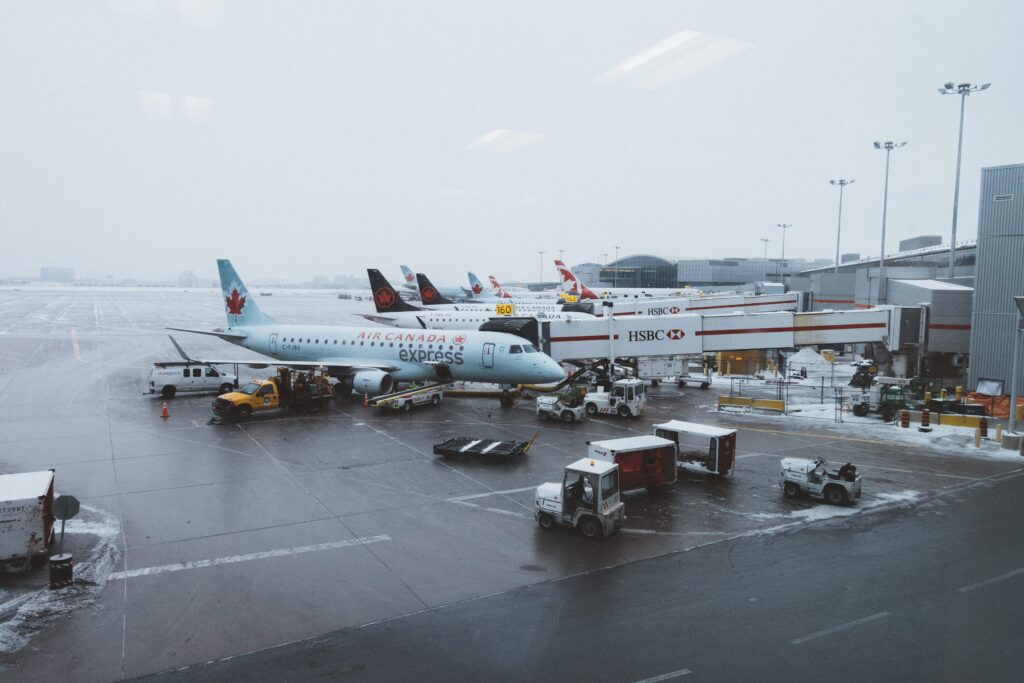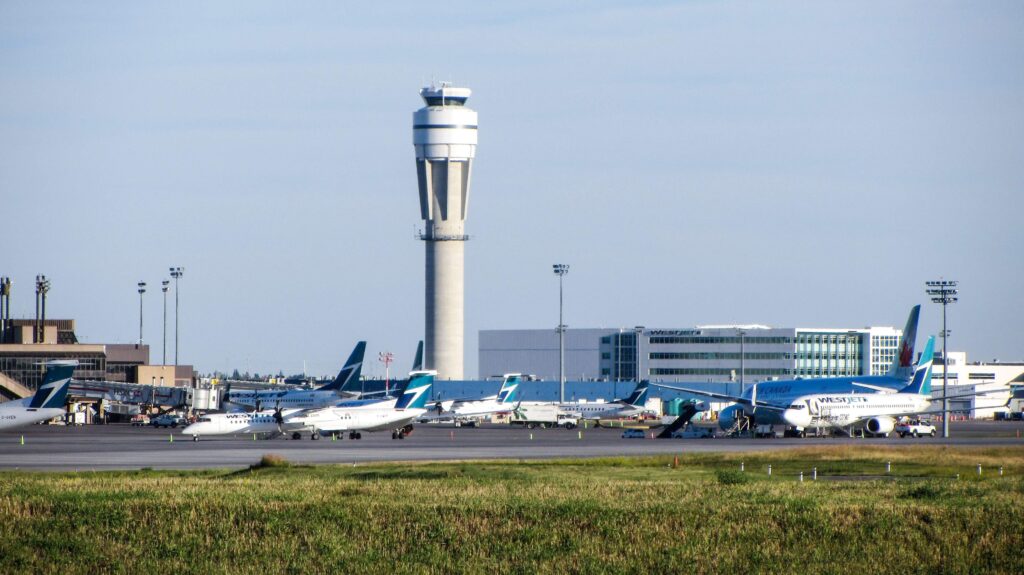[ad_1]
Airlines operating in Canada will be required to compensate passengers for flight disruptions, unless they can prove otherwise, under proposed rules unveiled by the country’s Transport Minister this week.
The mooted legislation would strengthen the air passenger protections that Canada introduced in December 2019. Under rules similar to the European Union’s EU261 policy, carriers landing and taking off in Canada must offer passengers cash compensation for flight cancellations and significant delays.

Photo: Air Canada Embraer E170. Courtesy of David Preston / Unsplash.
Payouts depend on the delay’s length and the airline’s size. Large carriers such as Air Canada and WestJet must pay passengers up to CA$1000 ($734) in compensation for non-safety relayed disruptions.
However, airlines frequently try to evade paying compensation by arguing that disruption was out of their control. In early 2020, months after the new requirements were introduced, CBC highlighted numerous cases of airlines applying the rules inconsistently and wiggling out of payouts.
The toughened regulations, including in the country’s proposed budget legislation, would give airlines few get-out clauses.
Instead, compensation for inconvenienced travelers would be the default. The onus would be on the airline to prove that the cancellation or delay was caused by a limited number of reasons outside their control, such as a snowstorm, to avoid paying out.
“This means there will be no more loopholes where airlines can claim a disruption is caused by something outside of their control or a security reason when it is not,” Transport Minister Omar Alghabra said.
“It will no longer be the passenger who will have to prove that he or she is entitled to compensation. It will now be the airline that will need to prove that it does not have to pay for it.”
Airlines will also need to establish internal procedures for efficiently handling claims from travelers. For example, they could be charged a fee if they fail to resolve a passenger complaint and it’s escalated to the Canadian Transportation Agency (CTA).

Photo: Calgary International Airport. Courtesy of Justin Hu / Unsplash.
Currently, the CTA, a quasi-judicial tribunal responsible for enforcing air passengers’ rights, faces a backlog of more than 44,000 complaints, the highest on record. The logjam of complaints follows several controversial years for Canadian and international airlines, which have been accused of failing to adequately compensate customers affected by cancellations during the coronavirus crisis and chaos during last summer’s travel peak.
Some of the changes proposed by Canada would be introduced by the end of this summer, with the rest enforced from the end of the year, Alghabra said.
Airlines quickly lashed back against the proposed regulations. Jeff Morrison, CEO of the National Airlines Council of Canada (NACC), which represents the country’s largest carriers, described the measures as a “punitive approach” that “will not improve the operation of Canada’s air travel system or the travel experience for customers.”
The airline lobby warned that the changes could lead to ticket price hikes. “By imposing a new fee for passenger claims submitted to the Canadian Transportation Agency and expanding compensation requirements, the cost of air travel may increase,” Morrison said.
Alghabra insisted the regulations were not intended to “demonize” airlines.
[ad_2]
Source link
